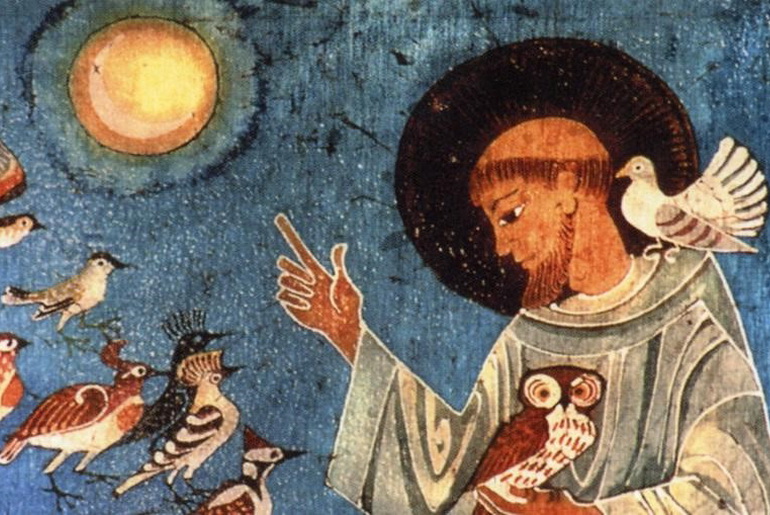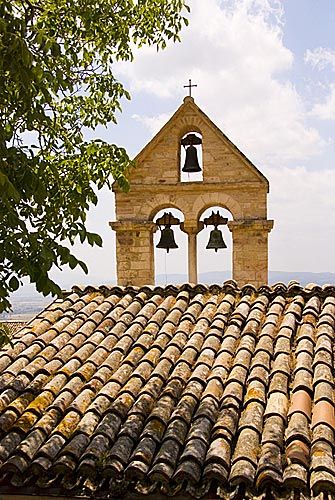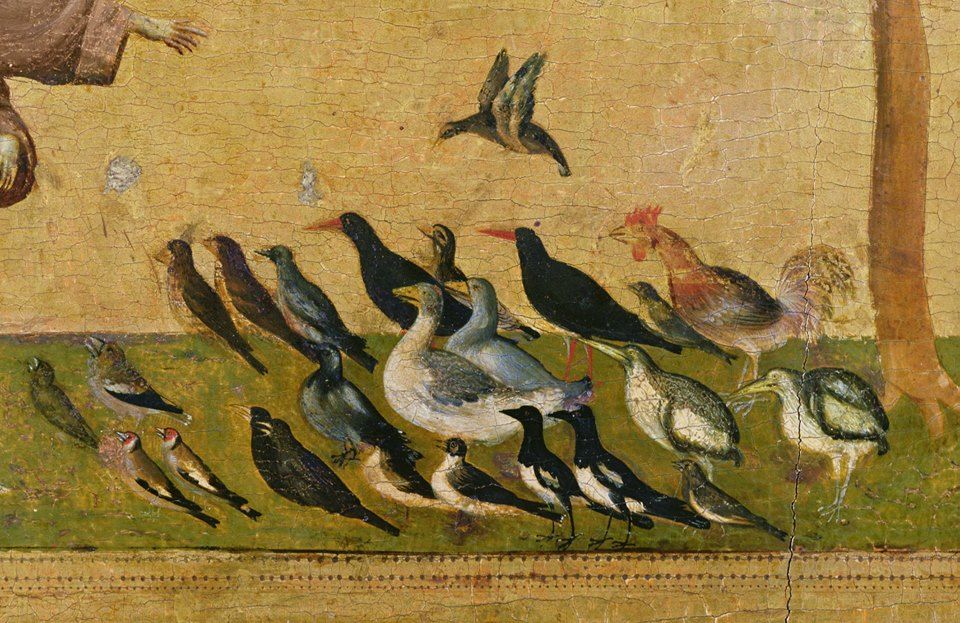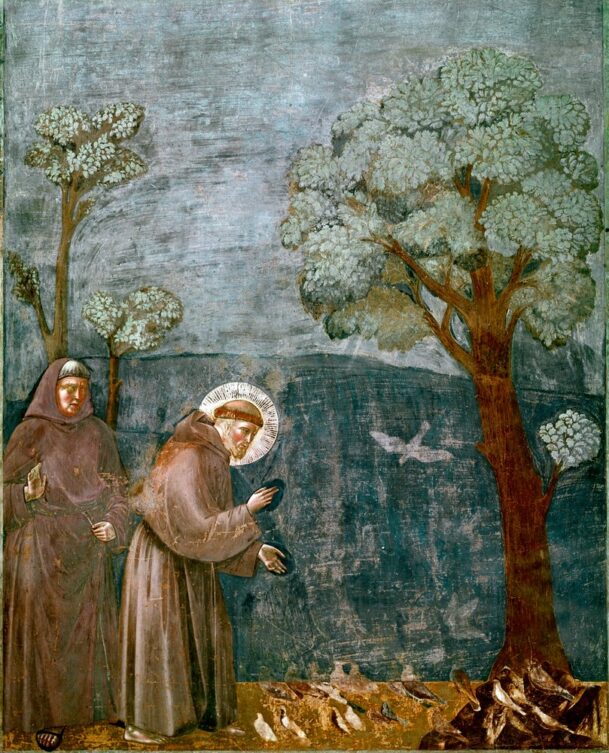
The patron saint of ecology, Francis d’Assisi’s love of nature, and new ways of living together set forth by the eminent neuropsychiatrist Boris Cyrulnik
Living in times of an unstoppable disease pervading the earth, it has become imperative to peruse our fragile relation with nature, and to collectively revive our old values says the eminent neuropsychiatrist Boris Cyrulnik :
Crises are very common in the human condition. We have already known many epidemics which have forced cultural revolutions… With each epidemic, or natural disaster, there has been a cultural change. After the trauma, we are forced to discover new rules, new ways of living together.
When the pandemic is over, we will see that we will have dusted off old values that will help us to develop a new way of living together. There will be profound changes, this is the rule.
It was a few decades ago, in the early 1970s when conscious thoughts about appraising and protecting the environment began to rise, it paved the way for the birth of modern environmental movement. The awakening of the seventies coincided with the time when the Italian poet and mystic Saint Francis d’Assisi (1181-1226) known for his love of nature was named as the patron saint of ecology.

Born as the son of a wealthy cloth merchant, in Umbria, Italy some 800 years ago, his quest early on in life was to become knight. He went to battle against a neighbouring county in pursuit of this dream. But when a grave malady overtook his health, he withdrew from his quest, turned his gaze to an internal struggle instead while he battled against his sickness. After having recovered from his afflictions with a new spiritual awakening, he was driven by a passion to tend the sick and the needy. He abandoned his possessions and renounced his inheritance to settle in a life of simplicity. Enlightened with fervor to serve he wrote :
Lord, make me an instrument of thy peace.
Where there’s hatred, let me sow love;
Where there’s doubt, faith;
Where there’s despair, hope;
Where there’s darkness, light;
Where there’s sadness, joy.
…
For it is in giving that we receive;
It is in dying to self that we are born to eternal life.
His love extended to all forms of creation : humans, animals, plants, rocks and minerals alike. He considered all creatures as bound together in an interdependent and united way. In his humble poise he revered nature, and regarded creation as a theophany of the generosity and will of the Source, of God. He talked to each animal in tenderness, listened to the birds’ claims and believed in the magical splendour of living in harmony with nature.


The Canticle of the Creatures which he wrote near the end of his life, reflects his sincere love of the Creator :
Praised be you, my lord,
through our Sister, Mother Earth,
who sustains us and directs us
bringing forth all kinds of fruits
and colored flowers and herbs.
What Saint Francis d’Assisi sagely said 800 years ago echos today : We humans are not above nature; we are woven in nature. As much as we need nature, we are bound to respect and preserve it.
Duygu Bruce
You can read more here on The Healing Power of Nature and The Ones Who will Be Saved by Boris Cyrulnik.
Excerpts from the interview with Boris Cyrulnik on radiofrance.







